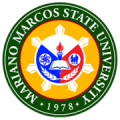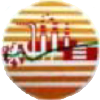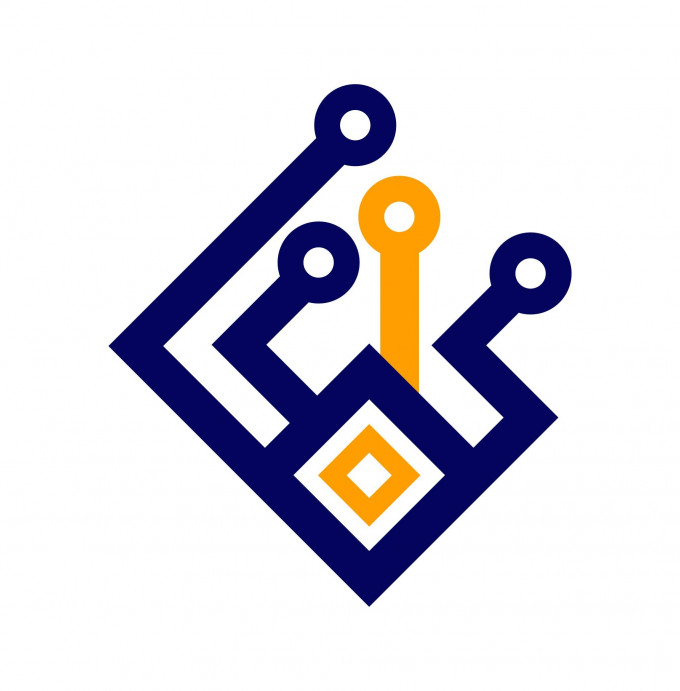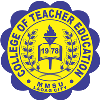
About MMSU
Ilocos Norte Science Community
About the Center
The Ilocos Norte Science Community was originally organized as the Batac Science Community (BSC) with nine founding members signing a Memorandum of Agreement on 08 July 1996. The word Batac was adopted which is the name of the town where the community is based. Its establishment was through the initiative of the Department of Science and Technology (DOST), Region I anchored on Executive Order No. 784. BSC was renamed seven years later on 11 September 2003 by virtue of Resolution No. 02, Series of 2003 of the BSC Governing Board. Thereafter, membership in the community increased to a total of 18 until today with the addition of nine to the original nine founding members (Annex 1). INSC became a corporate body on 07 August 2006 after its registration with the Securities and Exchange Commission (SEC).
Except for three members belonging to the private sector, all the rest are public or government agencies (GA). In terms of sectoral representation, eight are primary RDE agencies, four academic institutions, two LGUs, one each representing the medical and training/extension sectors, and two honorary divisions from the Department of Education. All the RDE agencies are national departments or staff or line bureaus and attached agencies with field offices within Ilocos Norte, with mostly in the City of Batac.
Structure
The community is administered by three bodies – the Governing Board (GB), the Technical Working Group (TWG), and the Management Group (MG). The GB is composed of the heads of the member-agencies and acts as the highest policy making body of the community. It is chaired by the head of the base and coordinating agency, the Mariano Marcos State University (MMSU) which was designated as such from the beginning until the present. The vice-chairship is also held by the regional director of DOST ever since.
The TWG serves as the operational manager of the programs and projects of the community. It is composed of the designated coordinators from each member-agency and the community director. Led by the director and working as a collegial body, they translate the policies formulated by the GB into operational plans. Likewise, the group assists the GB in policy-making by giving feedbacks and proposals of agenda of action.
The MG takes the role of secretariat and manages the day-to-day affairs of the community. It is headed by the community director with the MMSU coordinator and a support staff as members.
Program Thrusts
The community has an 8-point program thrust as follows:
- Development, rehabilitation, conservation, and wise utilization and management of resources and ecosystem;
- Increased aqua- and agri-based production, processing, storage, and protection against pests and diseases
- Biotechnology;
- Effective and efficient technology transfer;
- Efficient marketing, distribution and support systems;
- Promotion of good nutrition, health and general well-being;
- Social and behavioral research to develop and propagate S&T culture; and
- Policy advocacy.
Areas of Cooperation
The community identified six key areas of cooperation which includes:
- Participation in national science and technology activities;
- Library exchange program;
- Information exchange and dissemination;
- Physical facilities including infrastructure and research equipment;
- Resource development and sharing; and
- Development of linkages with other agencies, institutions and communities.
Center Objectives & Goals
The general purpose of the community is to facilitate productive scientific endeavors and maximum interaction between and among the member agencies through cooperation and sharing of resources.
Center Functions
To translate the purpose and thrusts in line with the areas identified for cooperation, the community, in its amended Memorandum of Agreement (MOA) of 11 September 2003, asserts to “serve and act as a medium of scientific and technological change and development, drawing its framework from national development goals. Excellence, cooperation and relevance are the guiding values in the performance of the following functions and services:
- To formulate S&T programs and strategies for the enhancement of science as well as the generation and transfer of technologies in the field of agriculture, engineering health, information and communications technology, and natural resources;
- To generate, disseminate and transfer practical and productive technologies for development at all levels;
- To promote public welfare and development through technical expertise and consultancy for various developmental programs in all levels;
- To enhance and complement the need of the province for high level manpower in agriculture, health, engineering, information and communications technology and industry;
- To pool the resources and organize efforts of members toward a more systematic and effective community-wide programs;
- To advocate policies on the advancement of S&T related activities; and
- To generate funds and other resources from external sources through sponsorship of projects.”
Contact Information
Dr. Edmund Edison A. Esteban
INSC Office
Rm 201, FEM Hall (Administration Bldg.), MMSU
Batac City 2906, Ilocos Norte, Philippines
Contact No: 09167179465, 077 792 3507 loc 108
Center Services
- MMSU Botanical Garden, Aquarium and Conservation Learning Center (on going)
- Biodiversity and Science Camps (2007, 2008, 2009, 2010, 2012)
- Skills Development Program
- Weaving, Organic Farming, Paper Making, Bonsai Making
- Disaster, Risk Reduction and Management
- Climate Change Mitigation and Adaptation
- INSC-DOST Assisted SME Projects (Namnama)
- Adopt-a-School Program (lectures conducted at Vira Elementary School in Laoag)
- Fun Run
- INSC Foundation Anniversary and S&T Week
- Farmer’s Forum
- Seminars on Science Investigatory Projects
- Lecture Forums
- Fund Raising Activities
- Interactive Exhibit of Instructional and Curriculum Materials by the Metamedia Information System and Philippine Science Centrum
Dear Valued Client,
We will be introducing our newly upgraded website on October 31, 2024 – offering faster access, improved navigation, and enriched content for students, faculty, partners, and stakeholders. Experience how we cultivate minds and transform futures at MMSU.

 CAFSD
CAFSD CASAT
CASAT CAS
CAS CBEA
CBEA CCIS
CCIS COE
COE CHS
CHS CIT
CIT CTE
CTE COM
COM CVM
CVM Graduate School
Graduate School